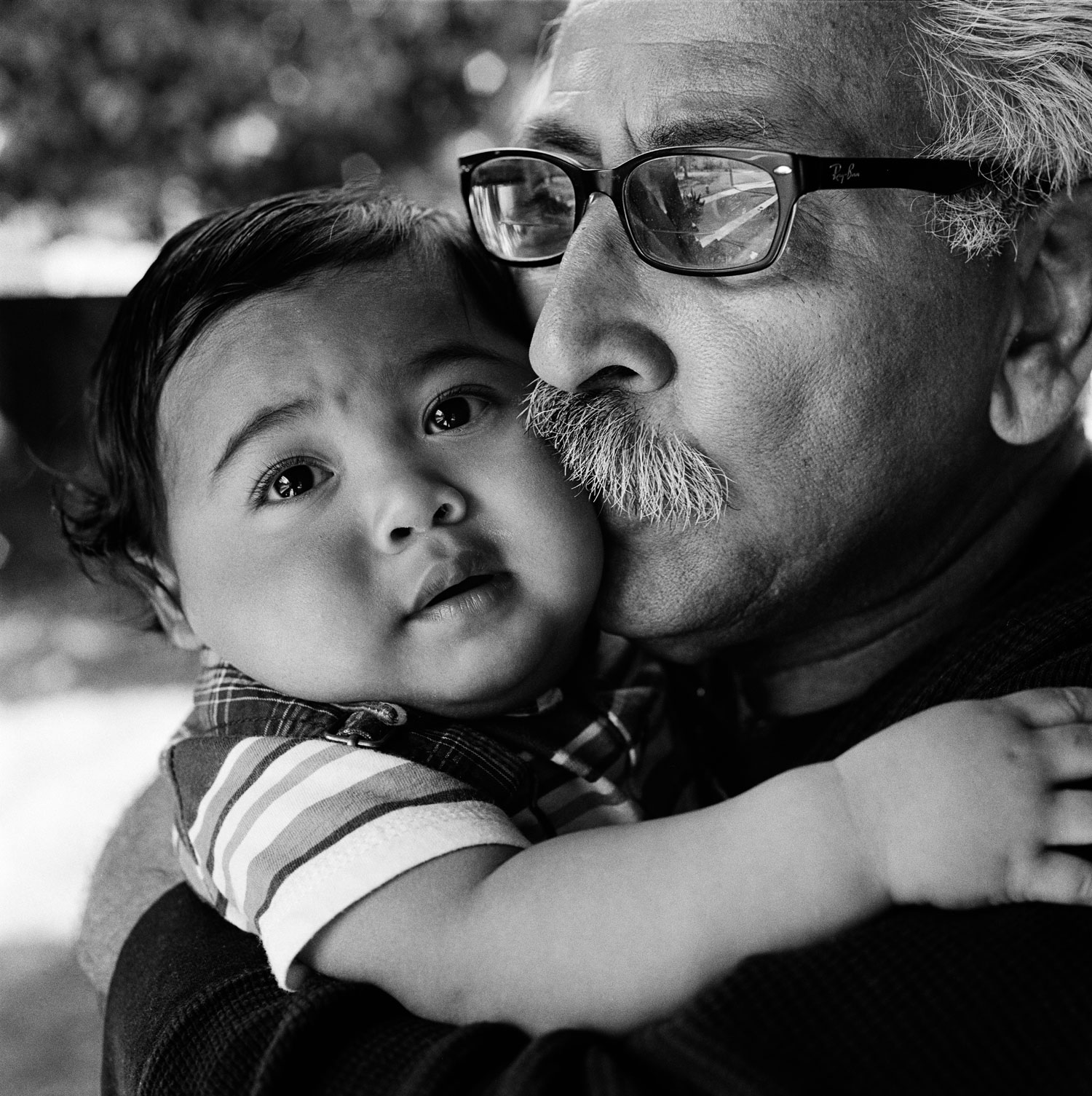
Over a career spanning more than 25 years, photographer Joseph Rodriguez has been photographing the “other” America: Latino and African American communities on the margins of mainstream society. Rodriguez, who is of Latino descent, is an unlikely photographer – the camera became a personal salvation much later in his life after having spent time in and out of jail in Rikers Island, New York. He went, in his words, from shooting dope to shooting photos. This background colors his work with a profound sense of urgency: Rodriguez connects with his subjects in a way few photographers can.
This is poignantly clear in his most recent body of work, an extension of East Side Stories and Reentry, his decades long project on Latino gangs and the struggle to readjust in society after incarceration. This spring, with funding from the Dart Society, Rodriguez photographed Jesse De La Cruz, a former gang member turned author and activist in Stockton and Woodlake, Calif.
The similarities between subject and photographer are striking: while Rodriguez found salvation through a camera, De La Cruz found salvation through writing. He is the author of Detoured: My Journey From Darkness to Light, a memoir chronicling a life of poverty, crime, drugs, imprisonment, and ultimately, redemption.
Rodriguez and De La Cruz both say gang life fills a gaping hole for young men in need of male role models, respect, authority and love: things that are painfully absent from home and the classroom but are abundant on the street. The lack of resources for ex-offenders to ease into the transition, in addition to an overwhelming sense of isolation and alienation from mainstream society, further exacerbates the cycle of imprisonment.
Like Rodriguez, De La Cruz seeks to break this cycle of violence and poverty that has institutionalized an entire generation of young men by sharing his story with others. Speaking to young men in juvenile hall on the visceral realities of incarceration, he challenges them to question their glorification of gang life. And he seeks to replicate, in Stockton, an anti-gang program created in Chicago called the Interrupters, which stops crime at the source by deploying former gang members to intervene in the lives of at risk youth. “In our world these kids have a lot of respect for us because of what we went through and how hard it is to change,” says Rodriguez.
Both photographer and subject seek to interrogate the role of men in Latino culture. For both, it was a struggle to find positive men who, in Rodriguez’s words, “looked and understood where I was coming from.” The fact that they currently play this role is not lost on photographer and subject, and with that comes a responsibility to faithfully own the stories of their community.
“What I’m trying to get at here—the word is masculinity; I’m trying to investigate what that means in terms of our Latino culture. Because it clouds everything,” says Rodriguez. “When you grew up you couldn’t cry. You couldn’t show weakness on the street—they’ll eat you up, so you have to be tougher, you have to show them that you can stand or you didn’t get respect.”
Joseph Rodriguez is a Brooklyn-based documentary photographer. See more of his work here.
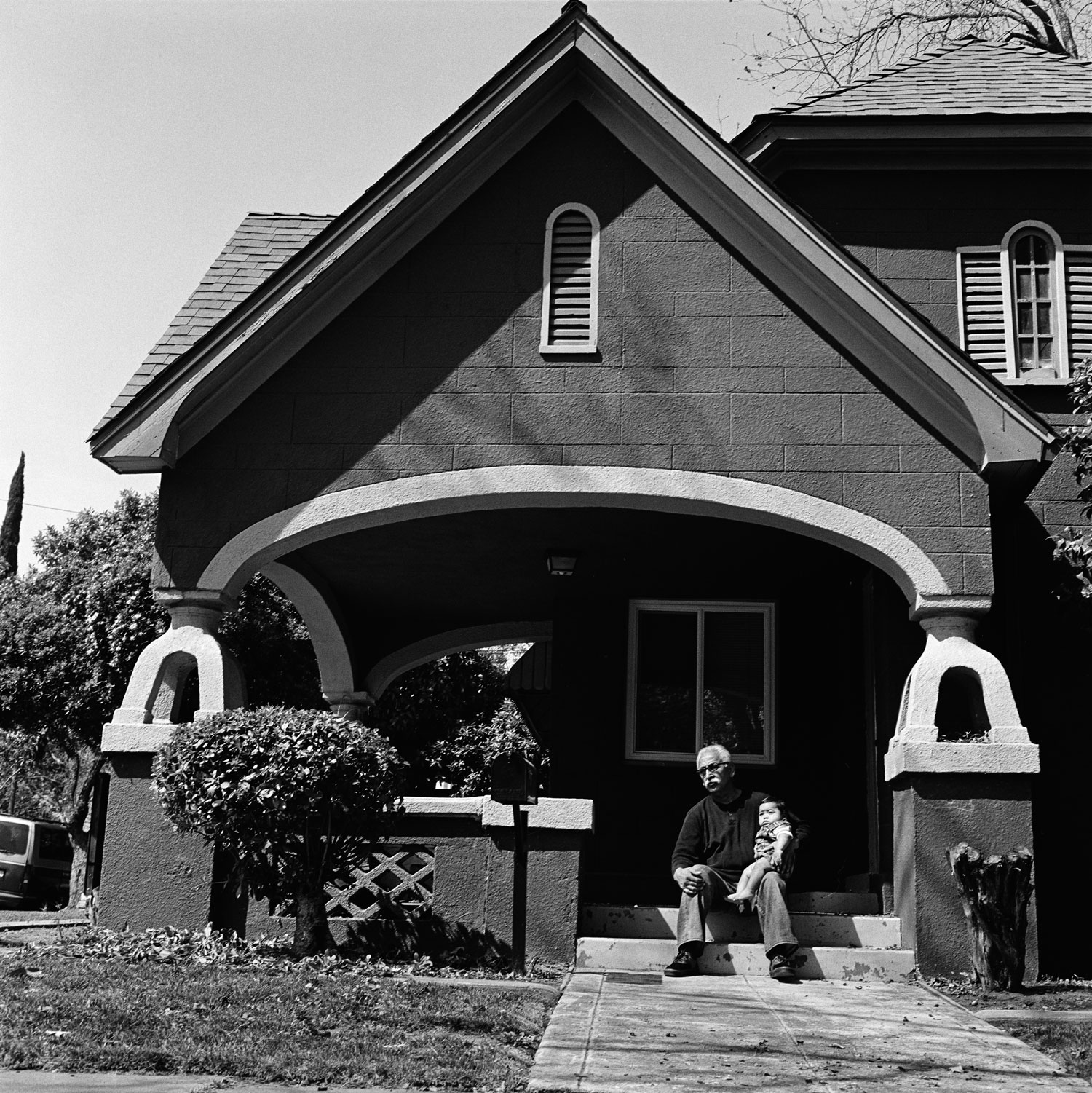
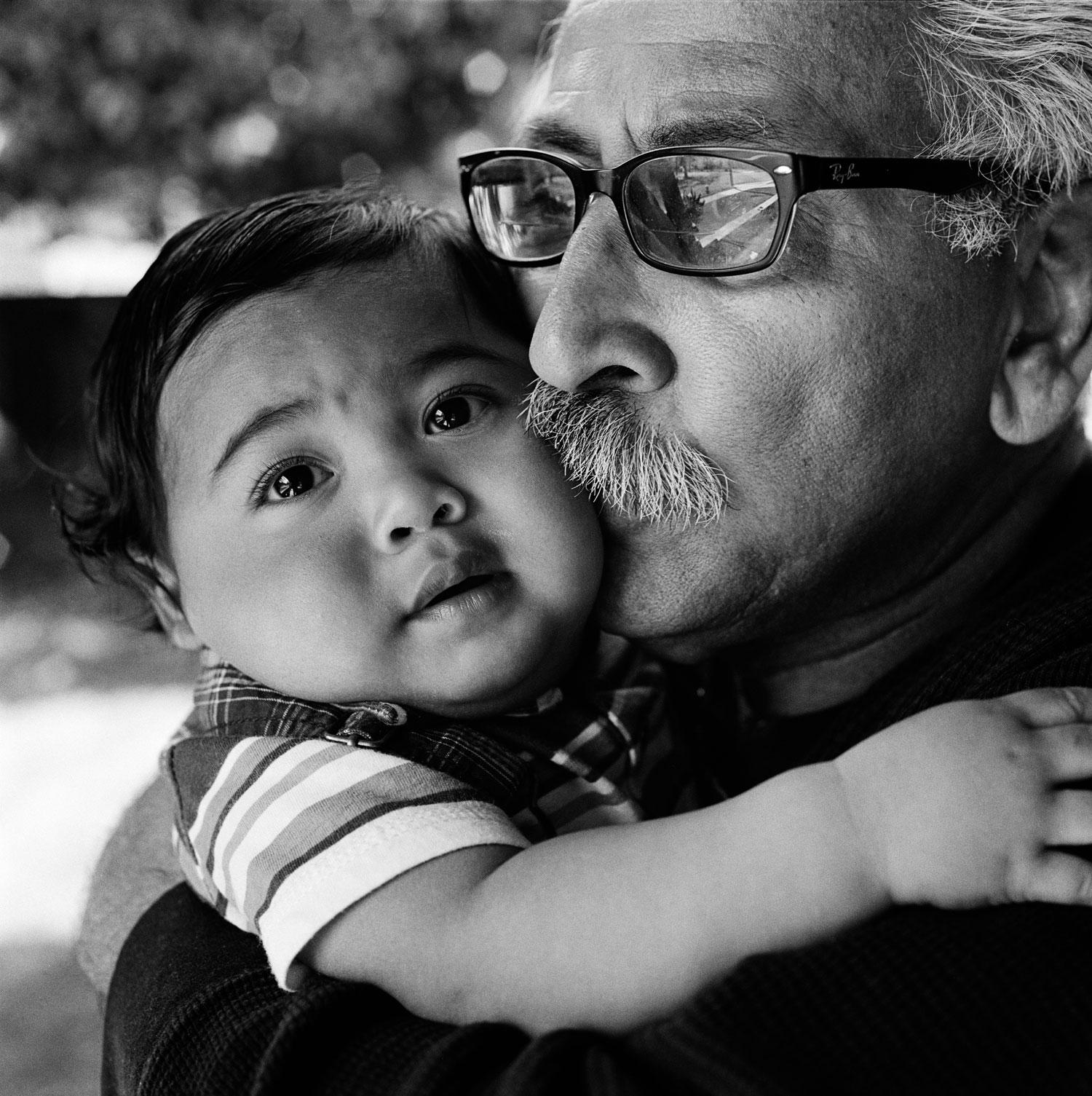
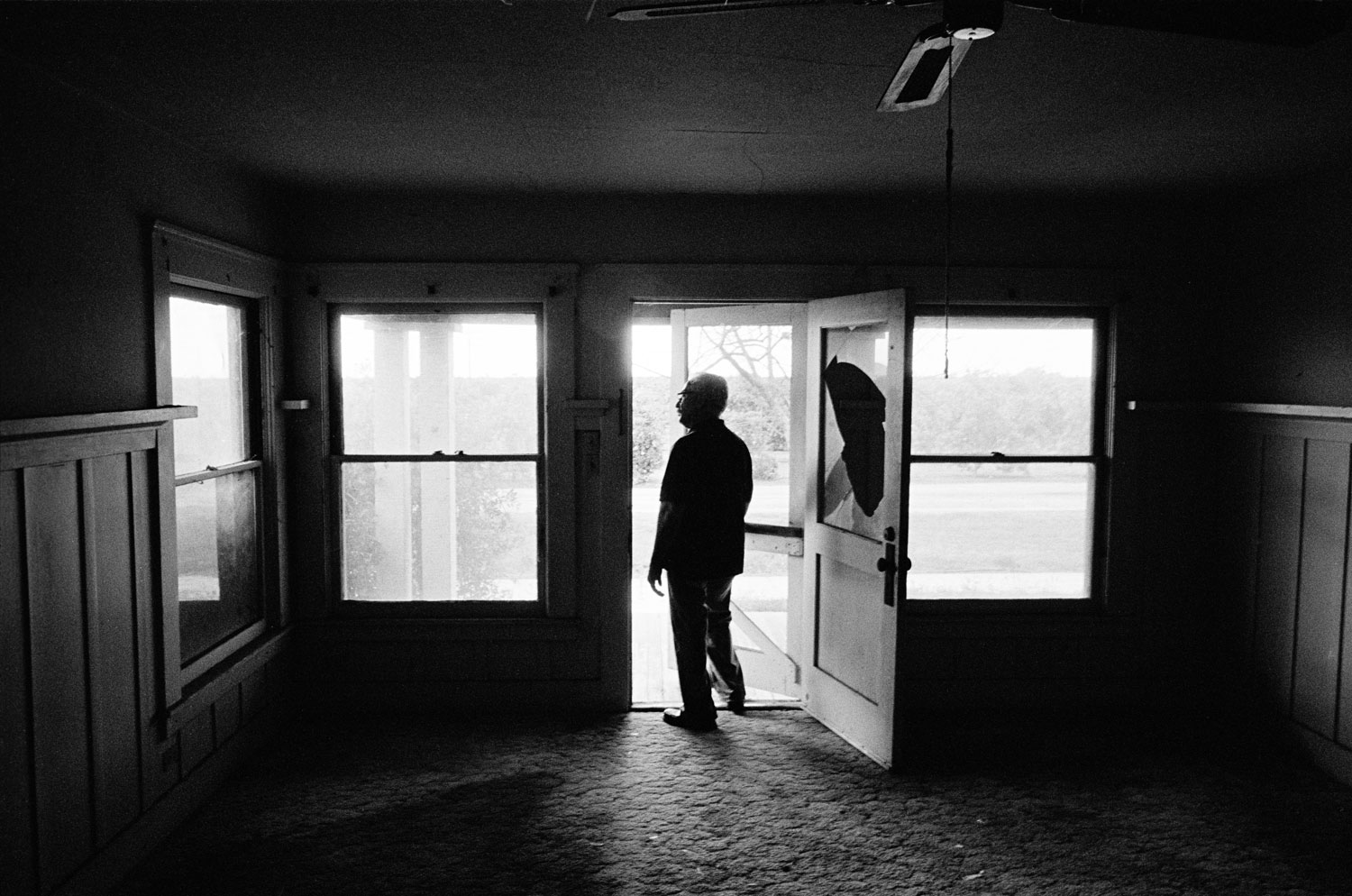
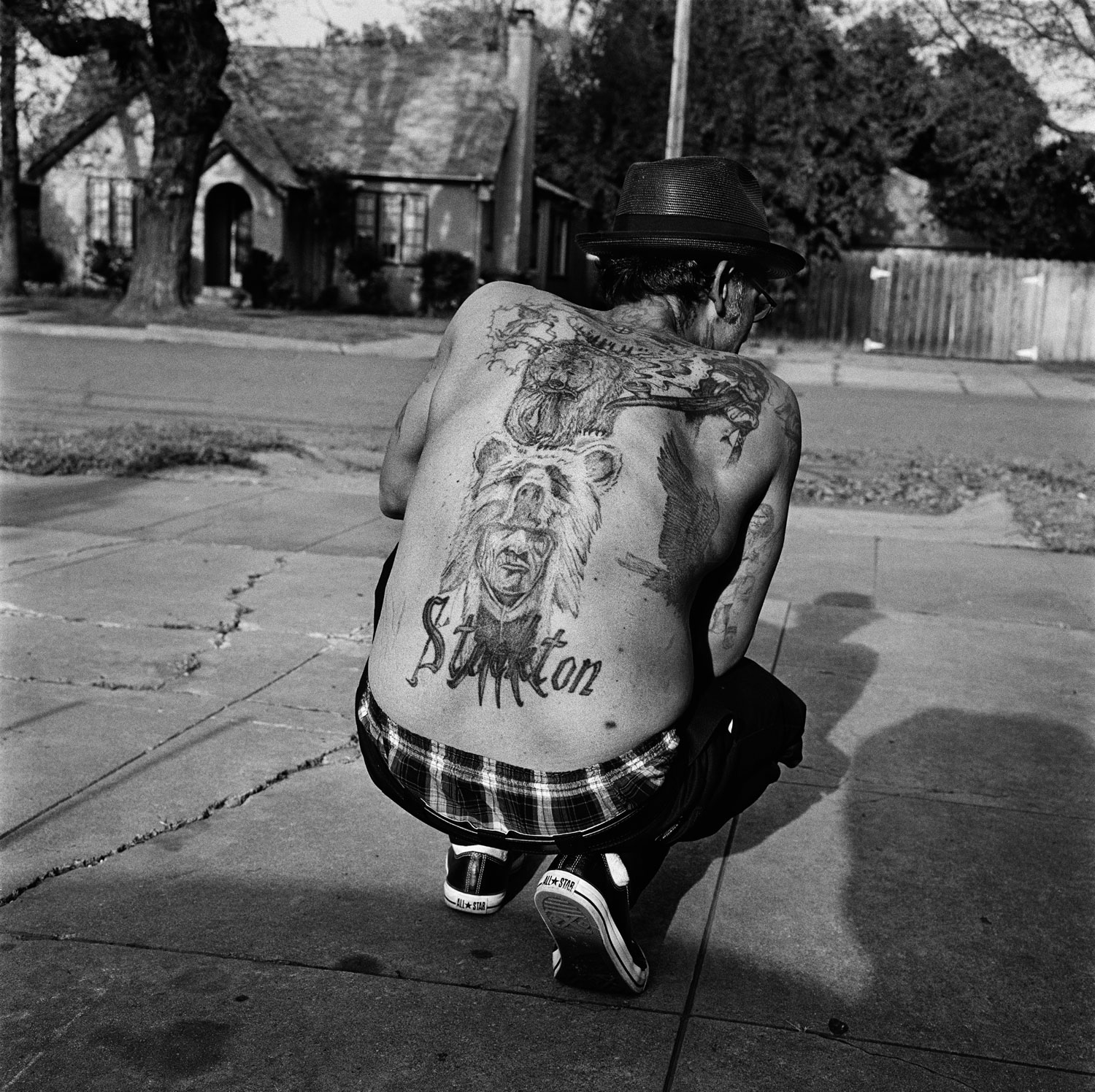
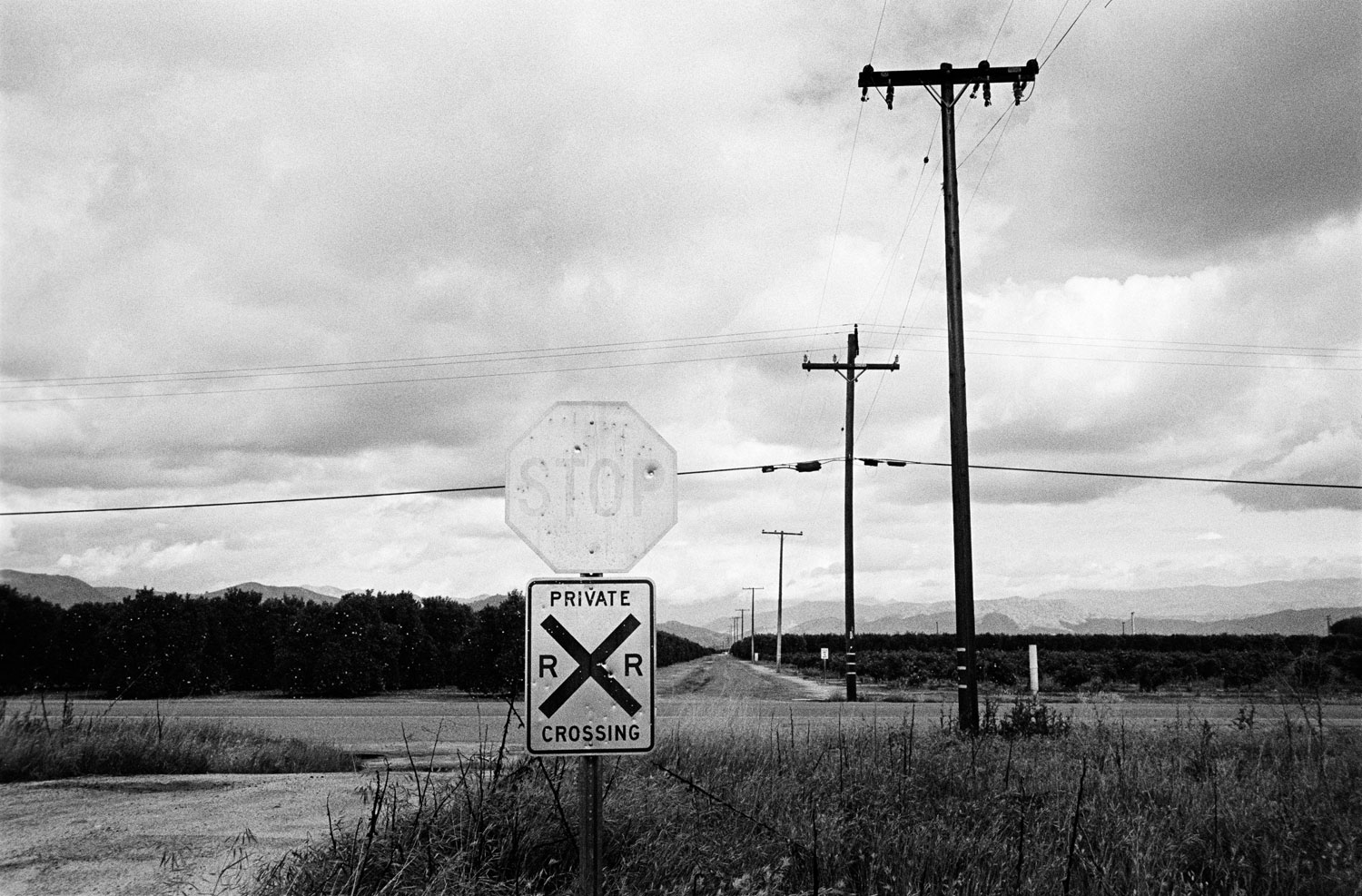
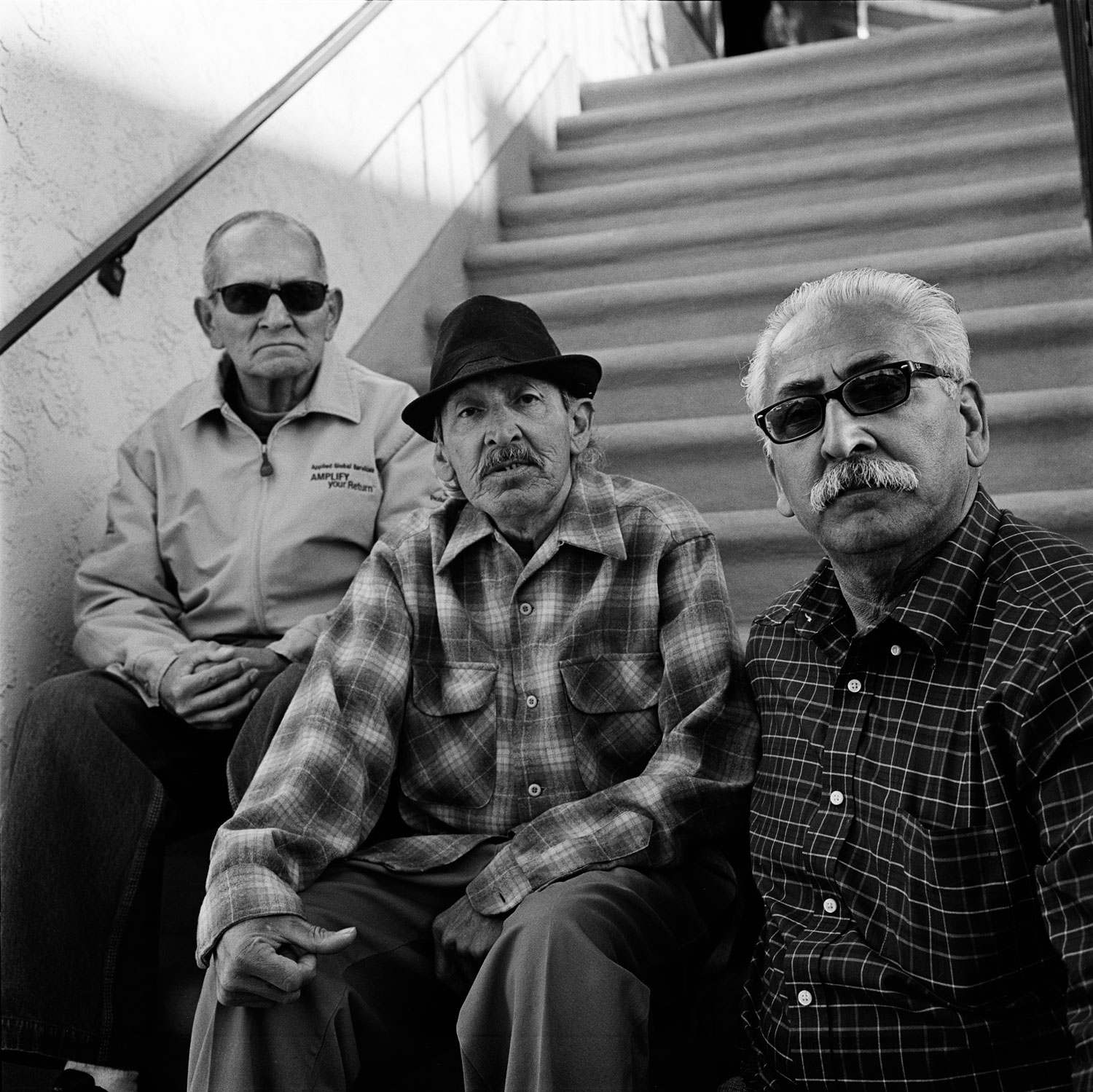
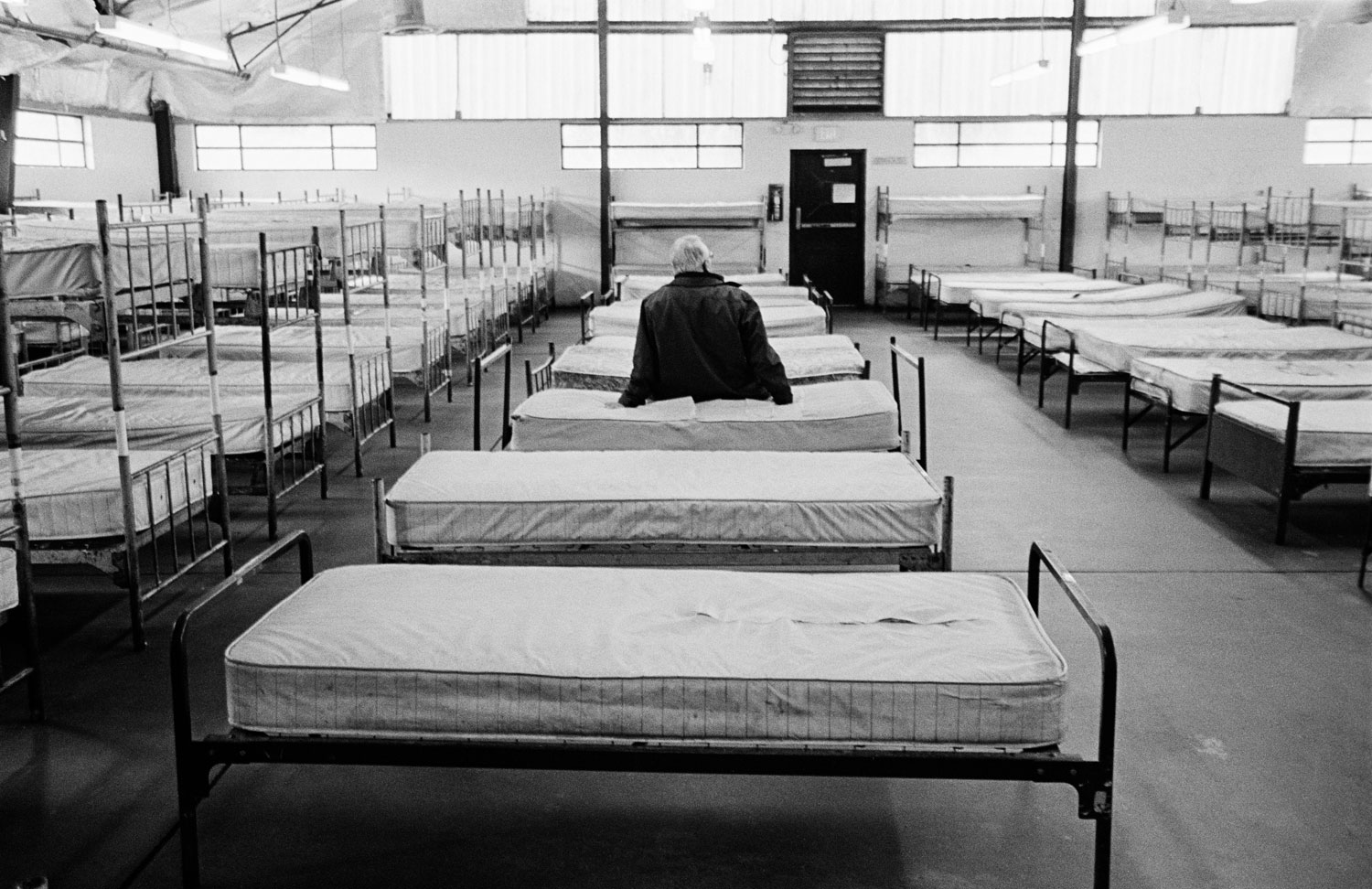
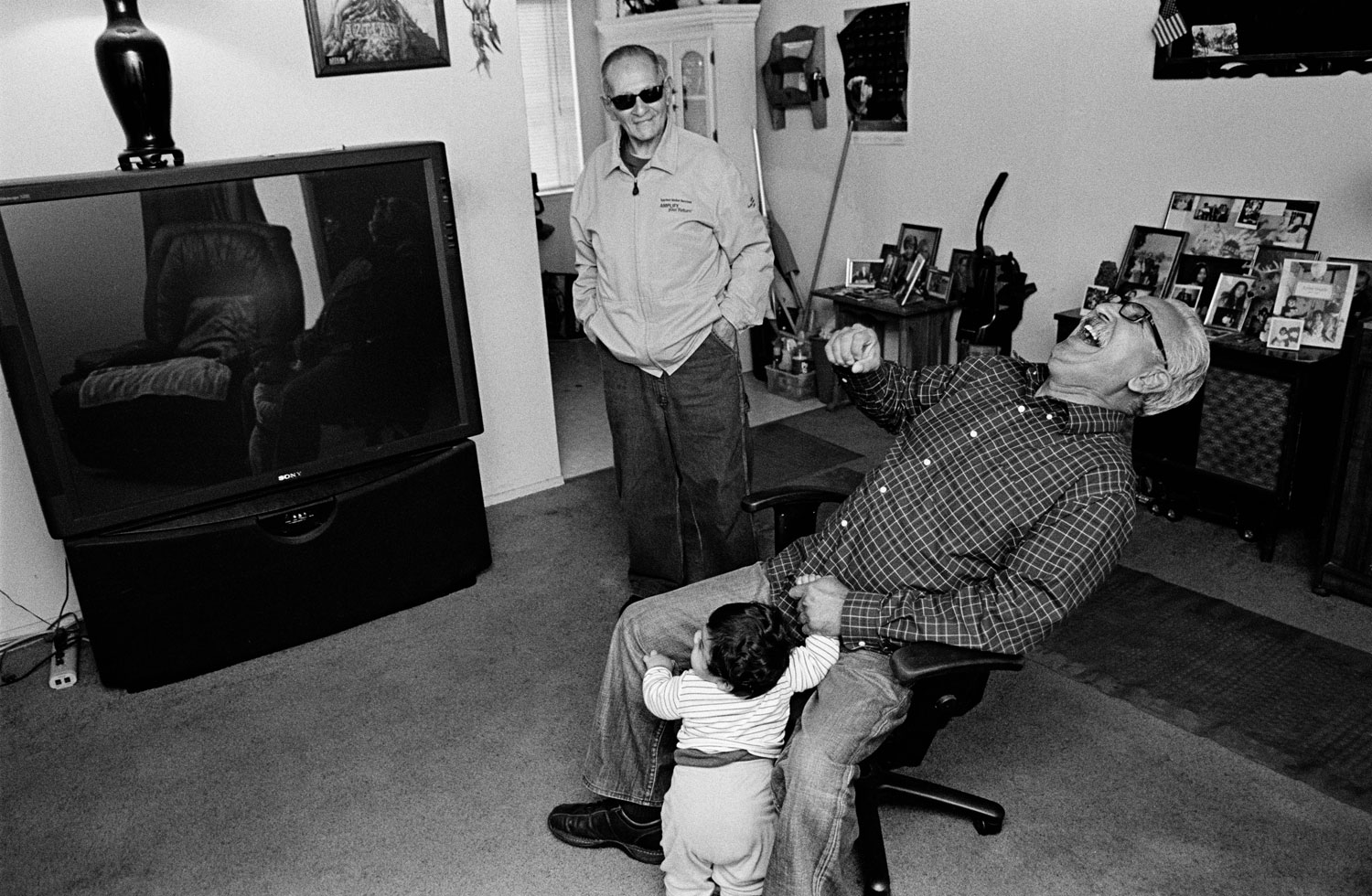
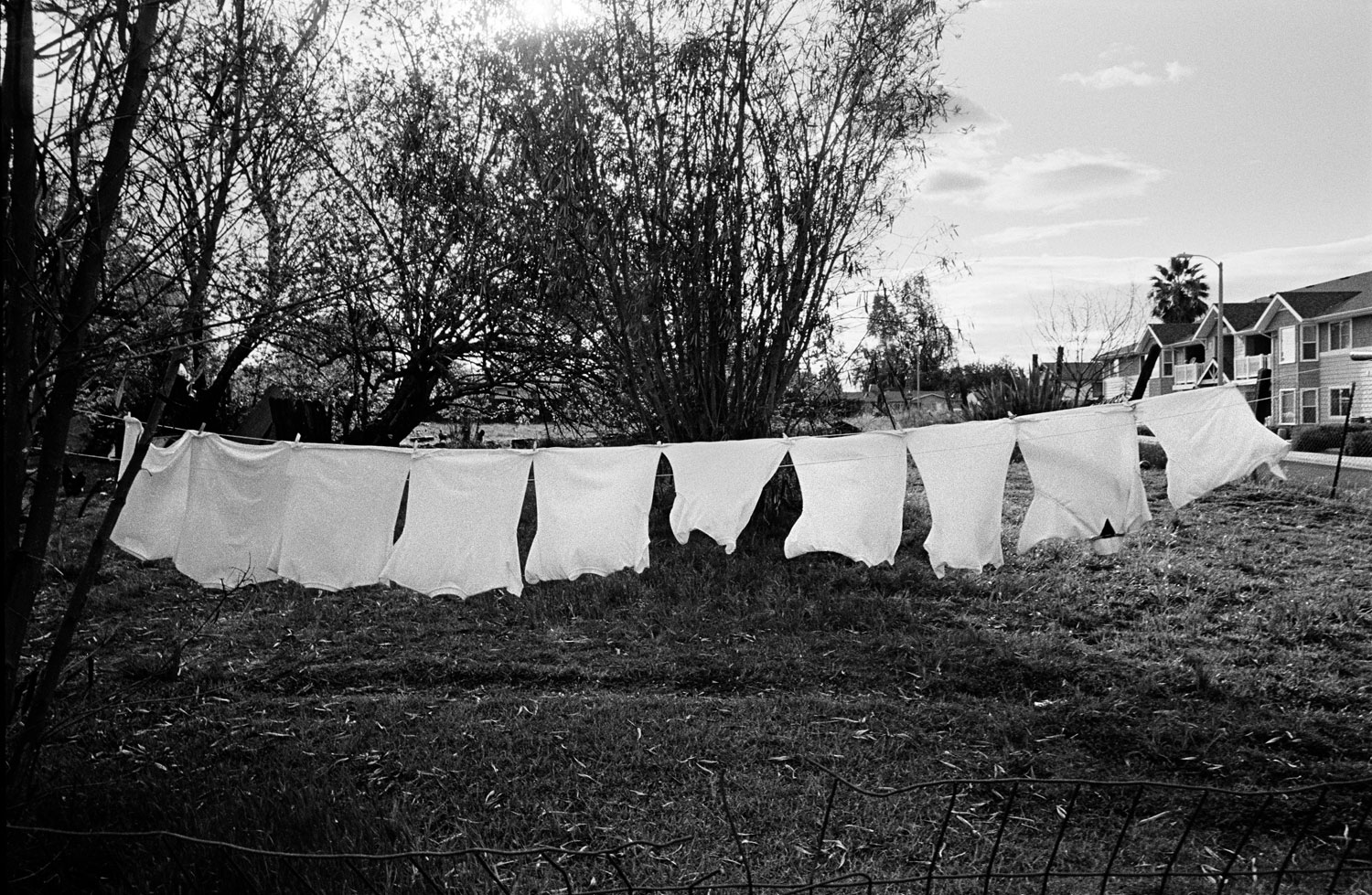
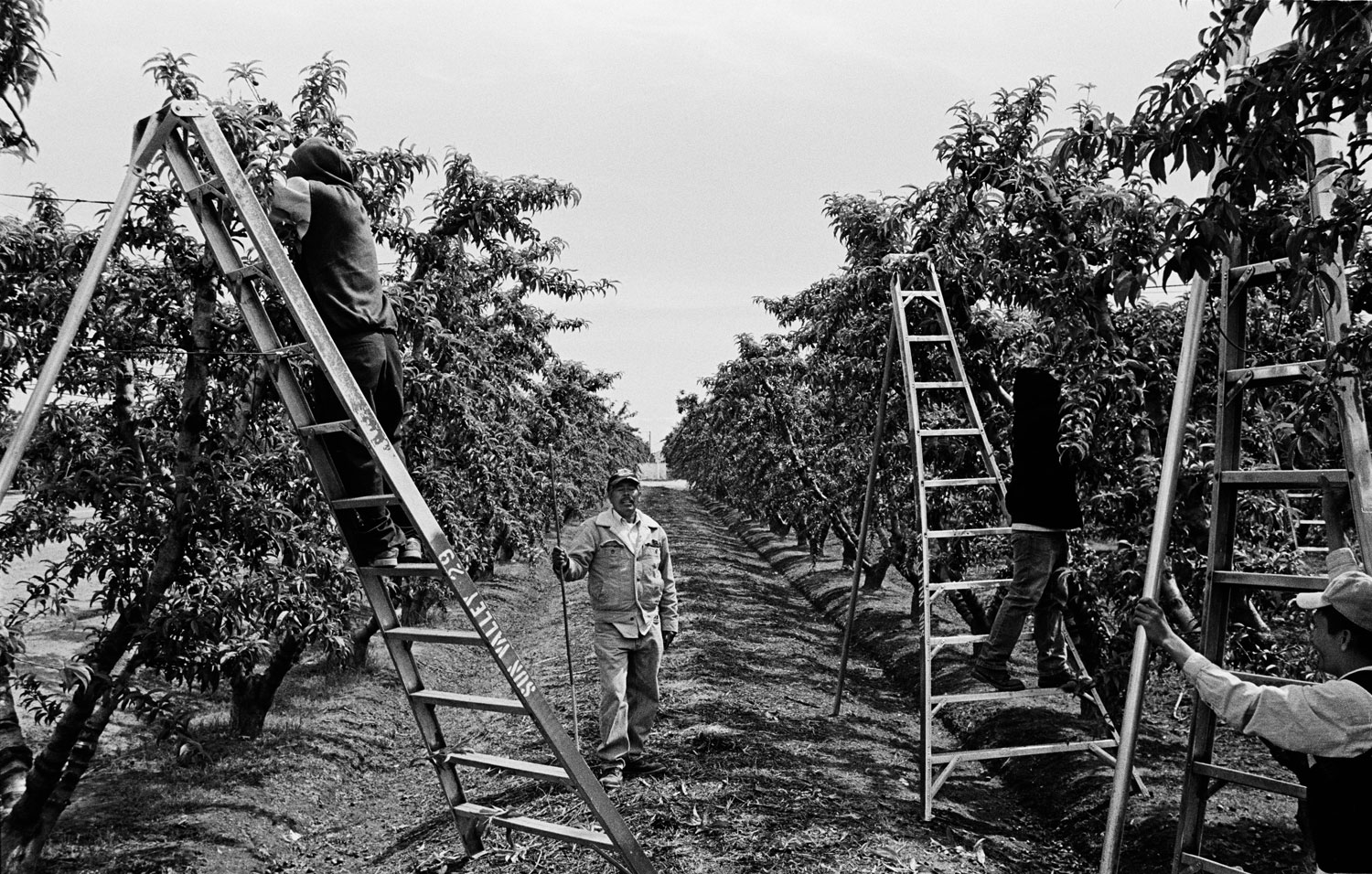
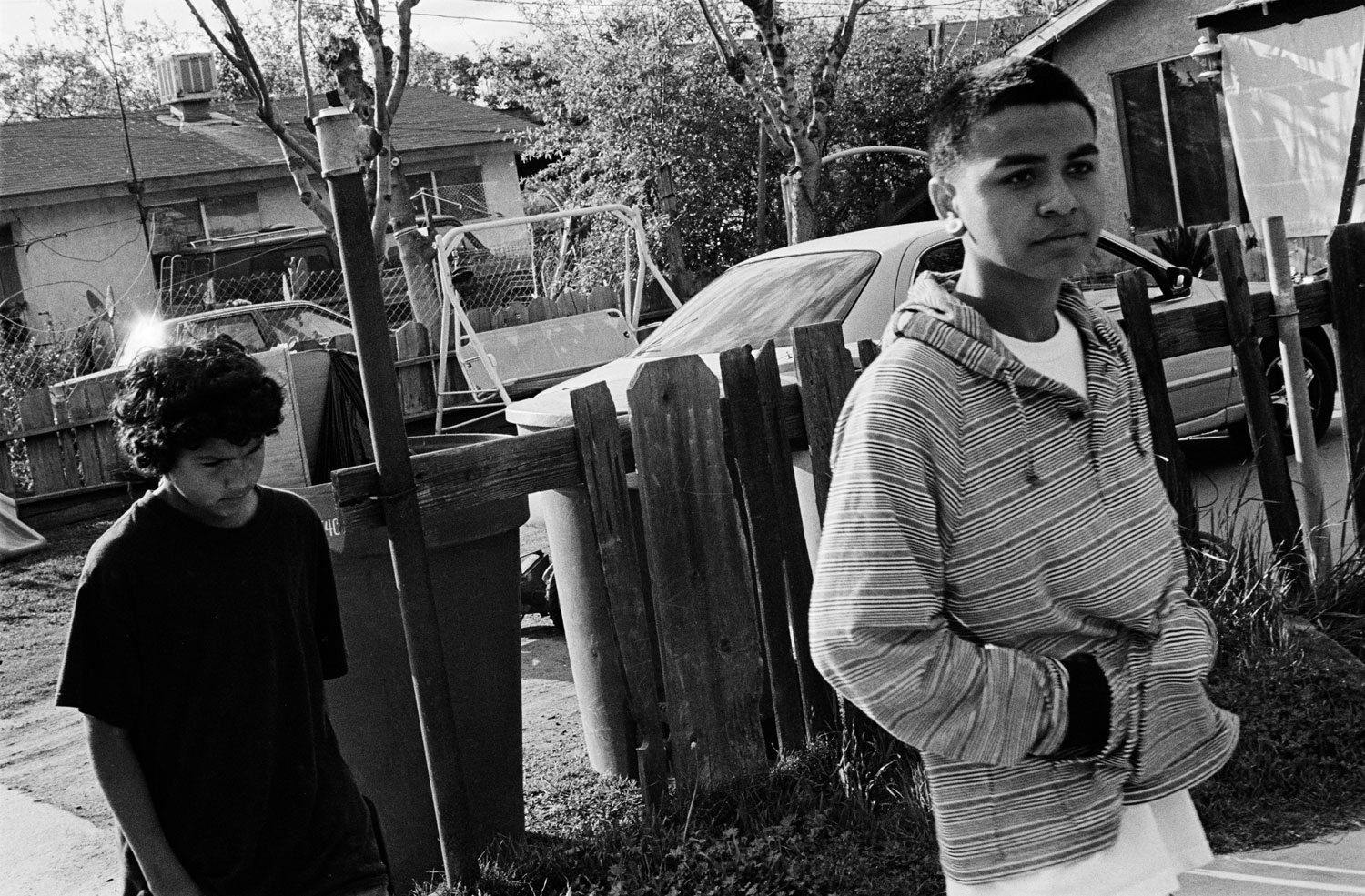
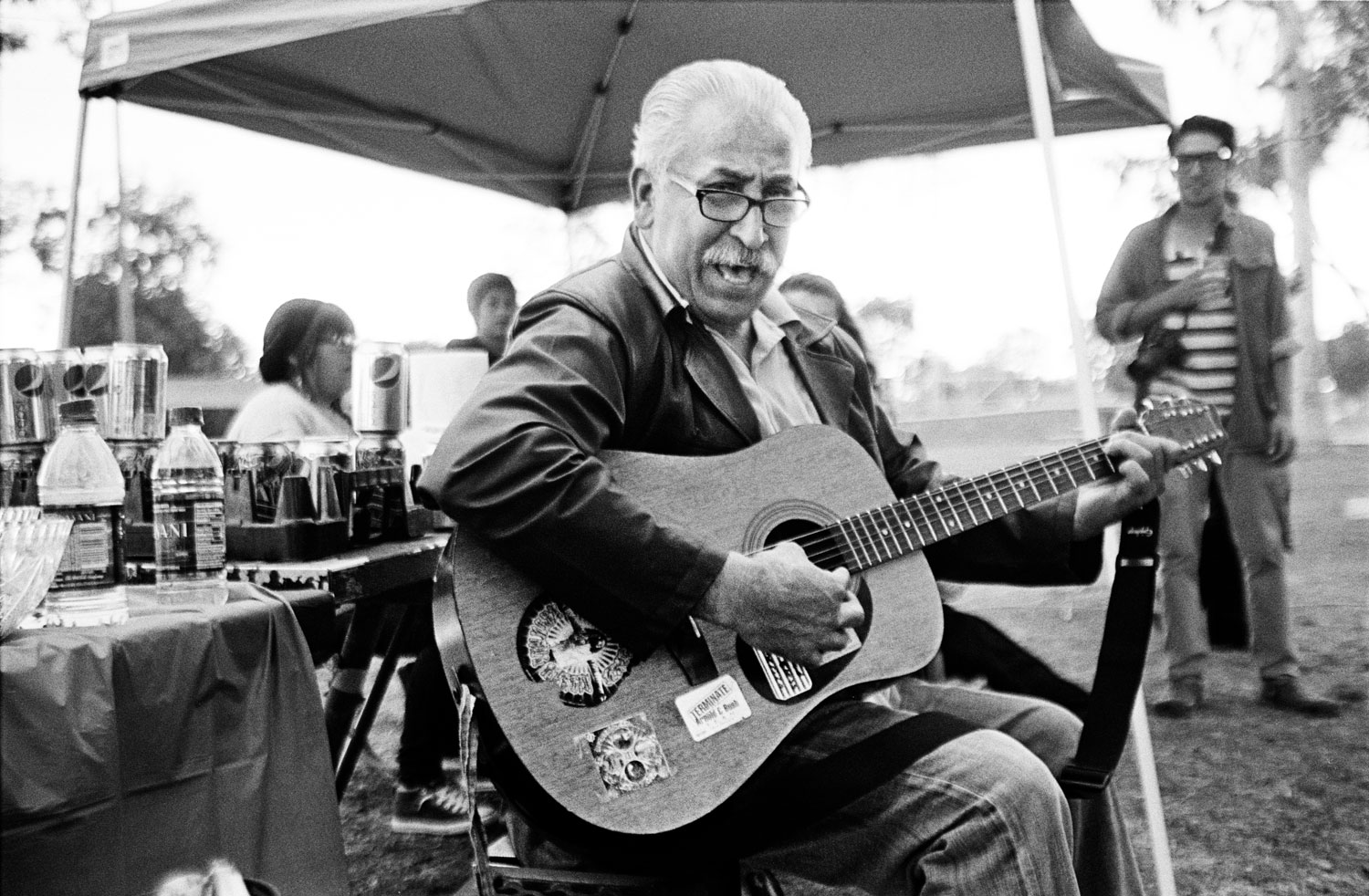
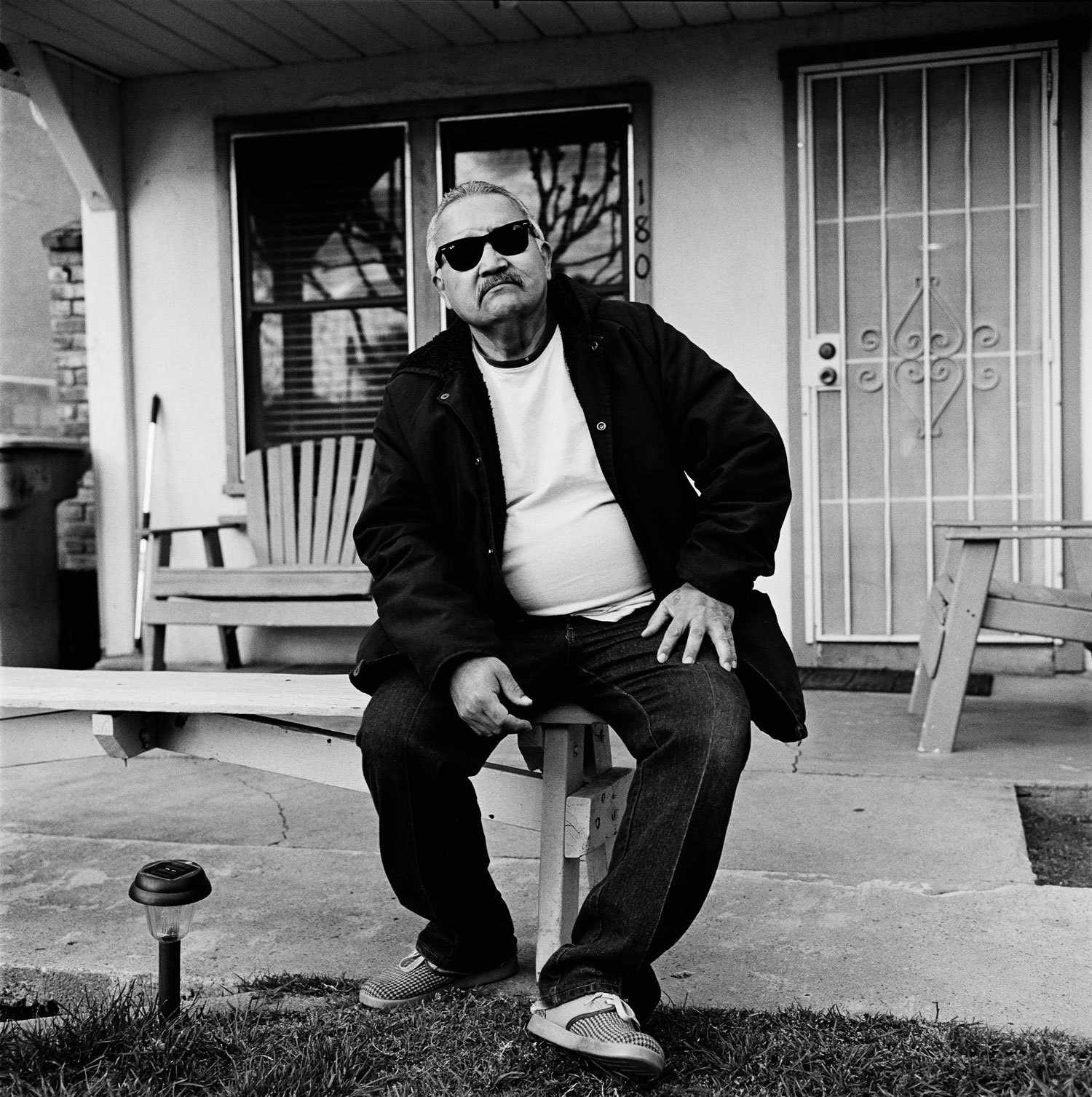
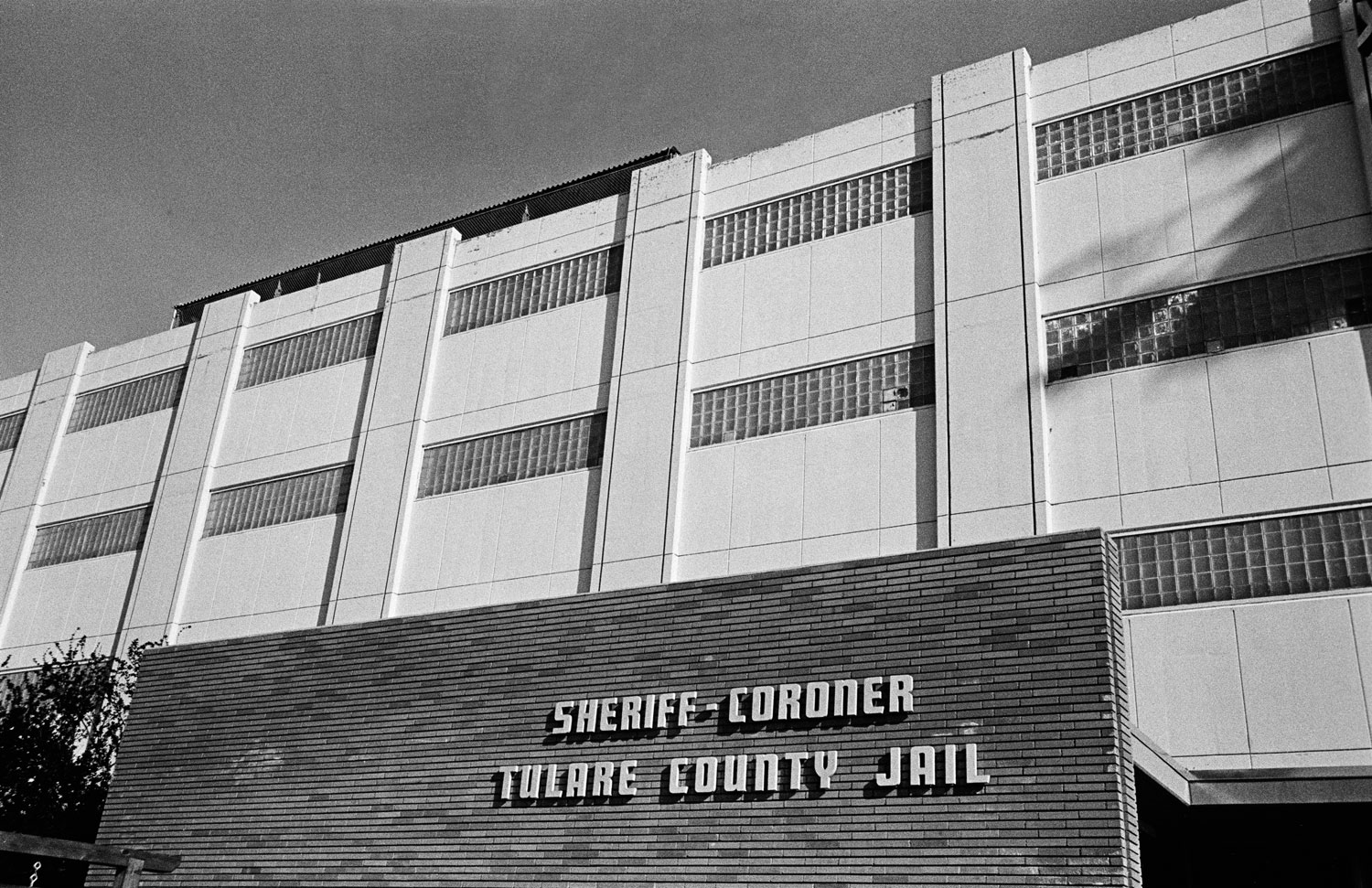
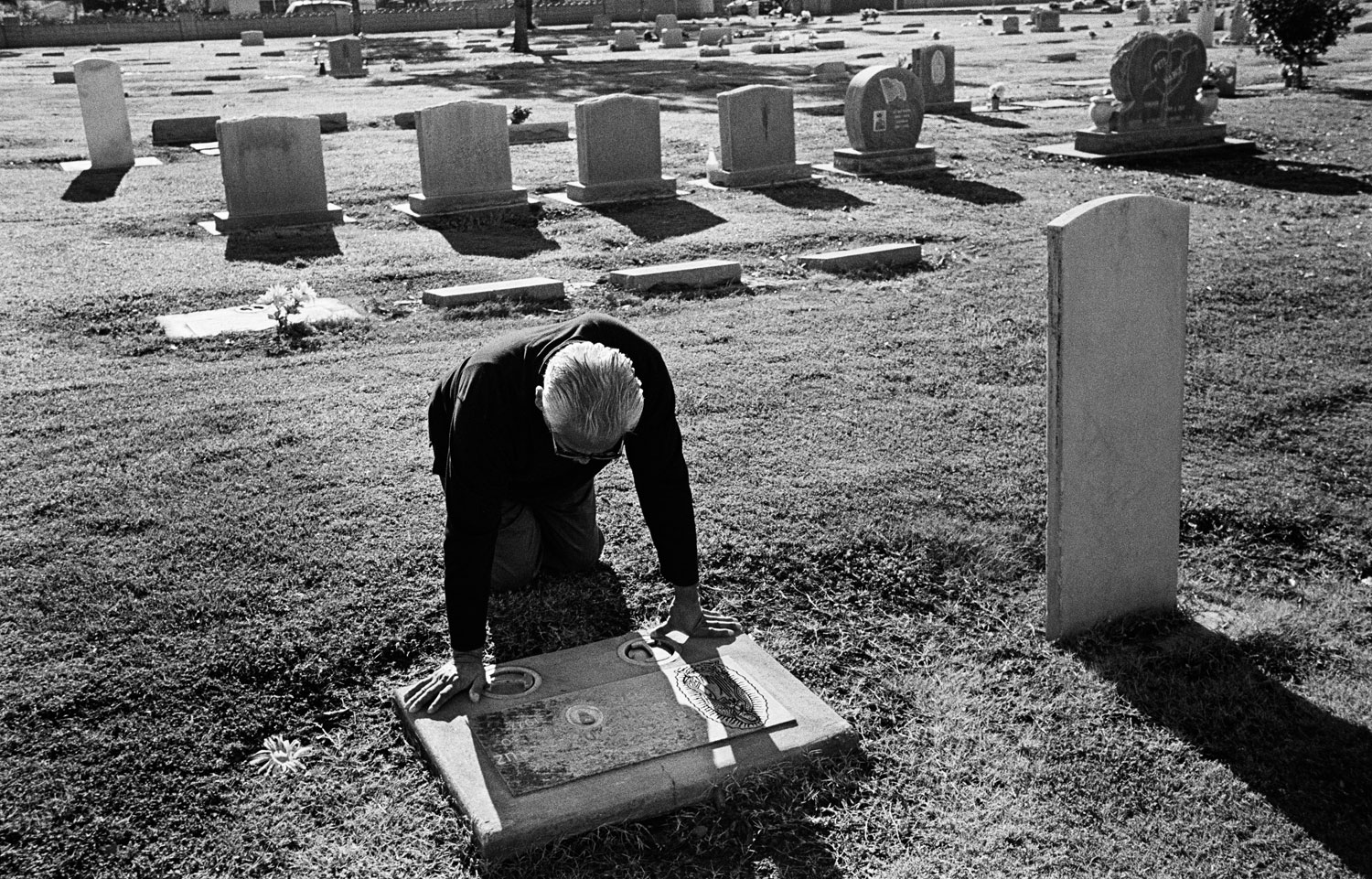
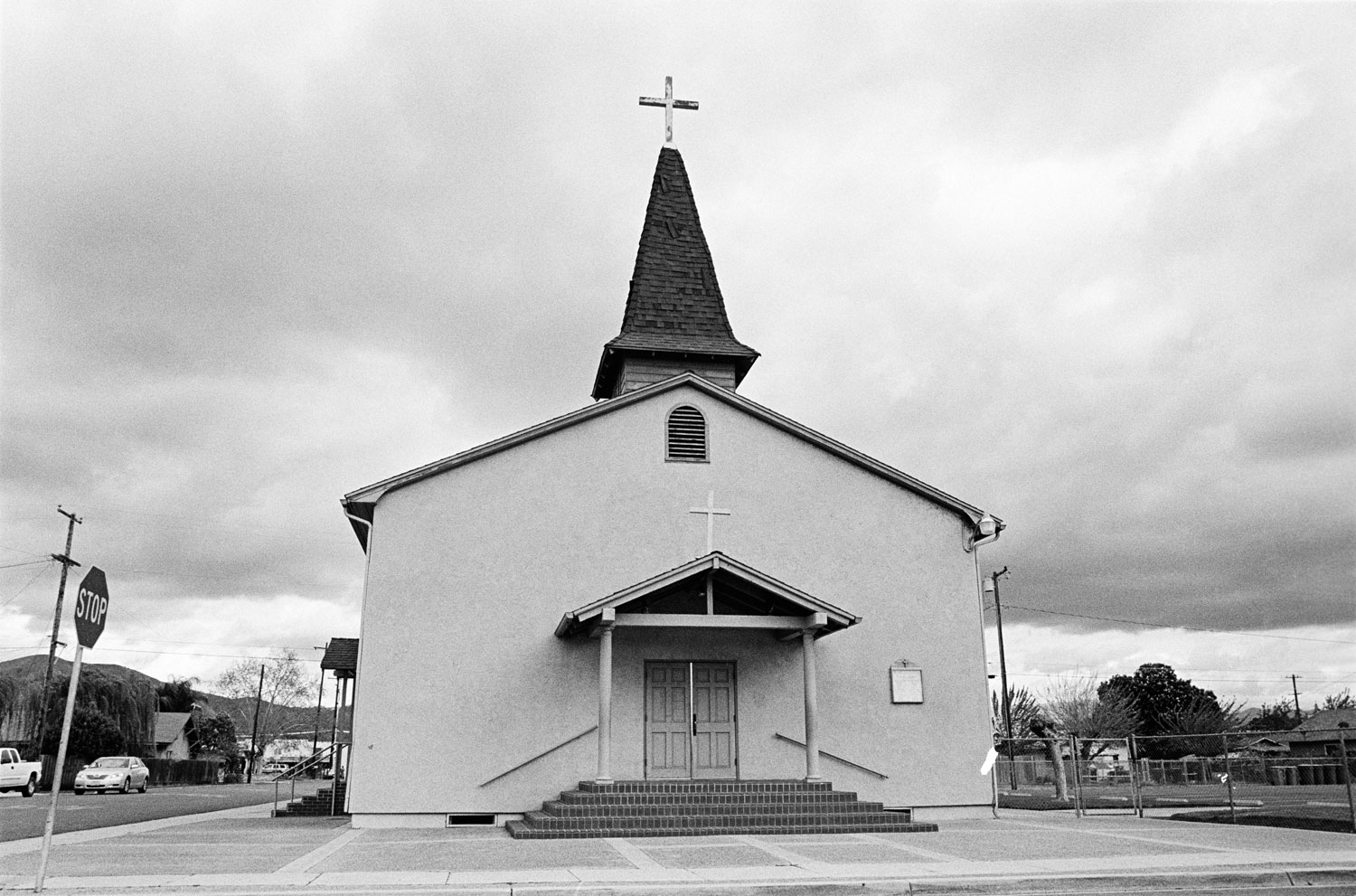
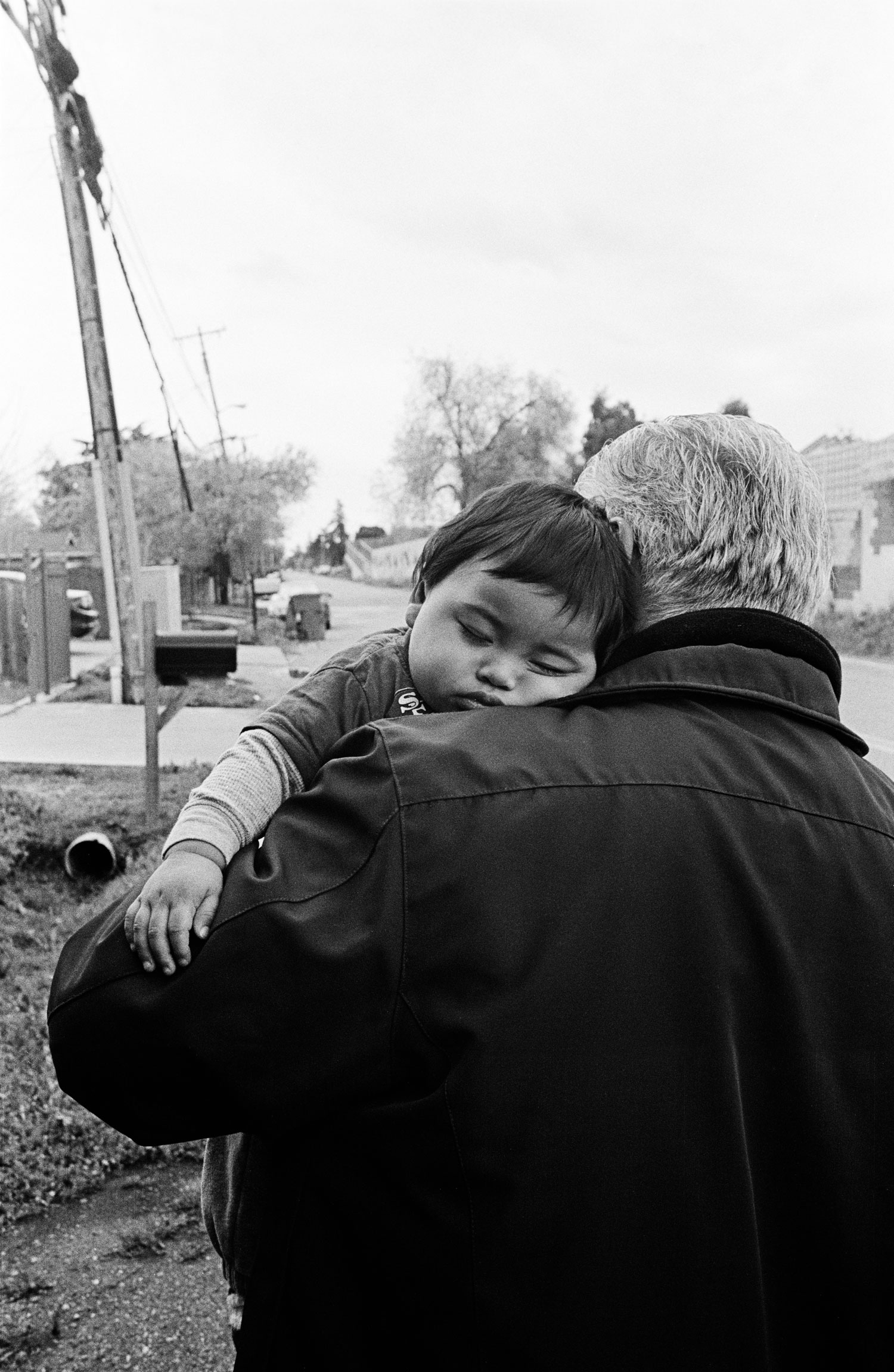
More Must-Reads from TIME
- Donald Trump Is TIME's 2024 Person of the Year
- Why We Chose Trump as Person of the Year
- Is Intermittent Fasting Good or Bad for You?
- The 100 Must-Read Books of 2024
- The 20 Best Christmas TV Episodes
- Column: If Optimism Feels Ridiculous Now, Try Hope
- The Future of Climate Action Is Trade Policy
- Merle Bombardieri Is Helping People Make the Baby Decision
Contact us at letters@time.com